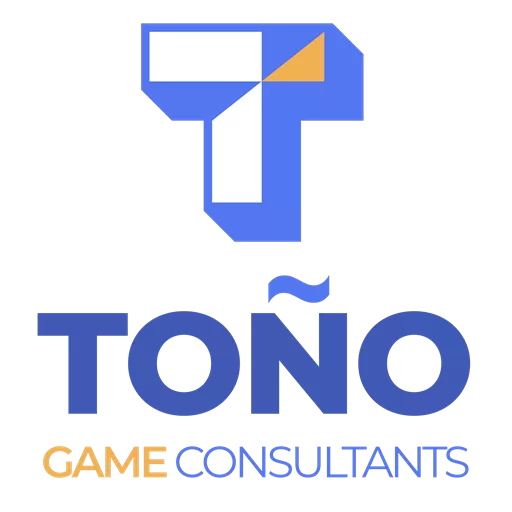When game developers talk about the roles needed to ship a game, “Producer” often gets overlooked or misunderstood. Some teams try to go without one, assuming production is just “paperwork” or “scheduling.” Others hand the role to someone without enough context, and then wonder why the project keeps slipping.
The truth? A producer is a force multiplier. They may not write code or draw art, but they keep everyone aligned, unblock progress, and ensure the team’s best work shines together. Once your team passes a certain threshold, usually around five or more people, you can’t afford not to have one.
What Is Production in Games?
In game development, production is the discipline of how work gets done. It’s not just about setting deadlines or tracking tasks, it’s about aligning multidisciplinary teams (programming, art, design, audio, QA) toward the same goals.
Without production, even talented teams can drift: programmers optimize features that designers haven’t locked, artists rework assets for the third time, QA is chasing bugs without clear priority. With production in place, the team has clarity on what matters most, when it’s due, and how to deliver it efficiently.
Related reading: Project Management in Game Development
When Do You Need a Producer?
On very small teams, informal check-ins and organic communication may be enough. But once you cross five or more people, complexity rises quickly:
-
Communication starts slipping.
-
Work gets repeated or lost.
-
Dependencies pile up.
-
Deadlines become guesses instead of commitments.
A producer steps in as the glue that holds the team together. They track dependencies, align priorities, and ensure progress is visible. This prevents wasted effort, protects against crunch, and keeps the whole team focused on the end goal.
Types of Producers in Game Development
Not all producers are the same. Two common types play very different roles:
Traditional/Creative Producer
-
Background in art, design, or creative direction.
-
Focuses on assets, pipelines, and content delivery.
-
Strength: aligns creative work with milestones.
-
Weakness: may misjudge technical complexity.
Technical Producer
-
Background in programming/engineering, or at least deep technical literacy.
-
Focuses on systems, scope sizing, and unblocking devs.
-
Strength: prevents false promises, ensures realistic planning.
-
Weakness: may undervalue creative iteration without balance.
Both are valuable, but clarity matters. A producer acting as a Product Owner (focused on value) needs a counterpart acting as ScrumMaster (focused on team health), whether that’s a tech lead, art lead, or another producer. Balance prevents conflict of interest.
Why Producers Need Game Literacy
A producer doesn’t need to be a professional artist, designer, or programmer, but they do need to understand enough about each discipline to serve those who are. Without this literacy, producers risk becoming bottlenecks, pushing unrealistic expectations, or missing hidden blockers.
The best producers:
-
Understand game design iteration well enough to plan for it.
-
Respect art pipelines and schedule assets realistically.
-
Anticipate coding scope and dependencies.
This literacy allows producers to translate between disciplines, ground conversations in reality, and protect the team’s ability to deliver.
Producers who lack this awareness become “task pushers.” Producers with it become true force multipliers.
Why Producers Are Force Multipliers
A good producer doesn’t make the game, they make the game possible. They:
-
Remove blockers before they stall progress.
-
Align priorities so everyone’s efforts add up.
-
Match the right framework to the right team:
The outcome: a team that stays productive, avoids chaos, and delivers its best work together, not in silos
Closing
Producers are often misunderstood, but they’re one of the most important investments a studio can make. Once your team grows beyond a handful of people, the absence of production discipline almost guarantees wasted time, frustration, and crunch.
Whether you need a technical producer to bring clarity to engineering scope, or a creative producer to structure art and design pipelines, the right production support will unlock your team’s best work.
👉 If your studio is struggling with scope, deadlines, or alignment, I can help. Learn more about my Production Services
FAQ
What does a producer do in game development?
A producer ensures alignment, clears blockers, and keeps the team focused on delivering value. They don’t create game assets directly, but their work multiplies the output of everyone who does.
When should a studio hire a producer?
Once you pass ~5 people, production becomes critical. Without it, communication breakdowns, rework, and missed deadlines multiply.
What’s the difference between a technical producer and a traditional/creative producer?
A traditional producer is stronger on creative pipelines (art/design), while a technical producer is stronger on engineering pipelines and scope clarity. Both are valuable, but they serve different needs.
Does a producer need to be technical?
Not necessarily — but every producer should have enough literacy in programming, art, and design to support those teams effectively.
Which frameworks do producers use?
Producers choose based on the work: Scrum for programming and design, Waterfall for art/asset pipelines, and Kanban for QA and stabilization.
Why do investors care about production roles?
Because producers are the ones who identify when scope or features are too ambitious for the available time and resources. They negotiate trade-offs between scope, schedule, and staffing, giving investors confidence the game can actually ship.




